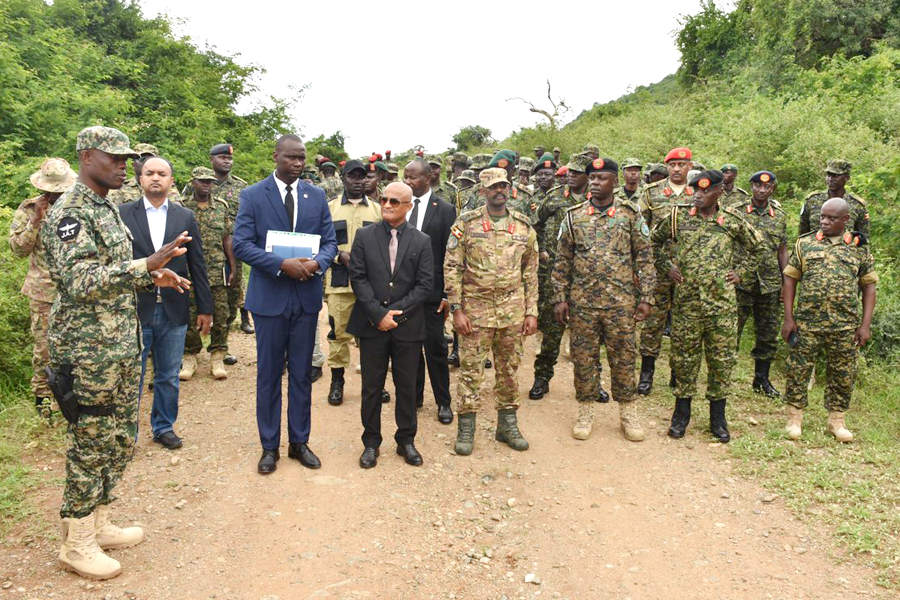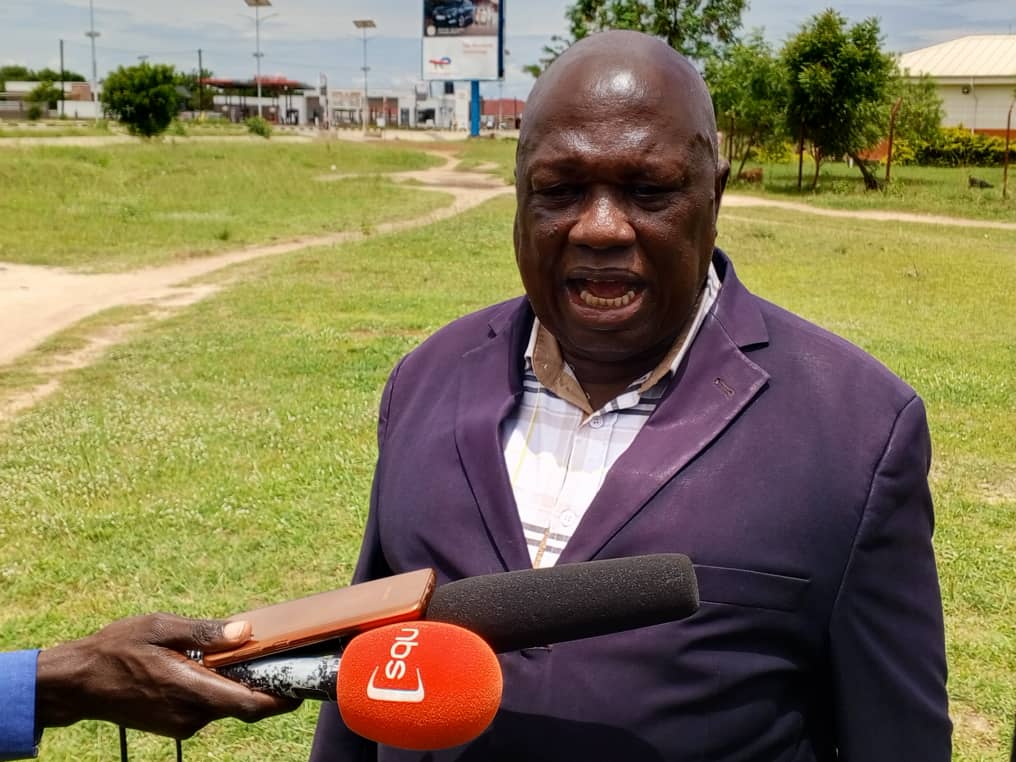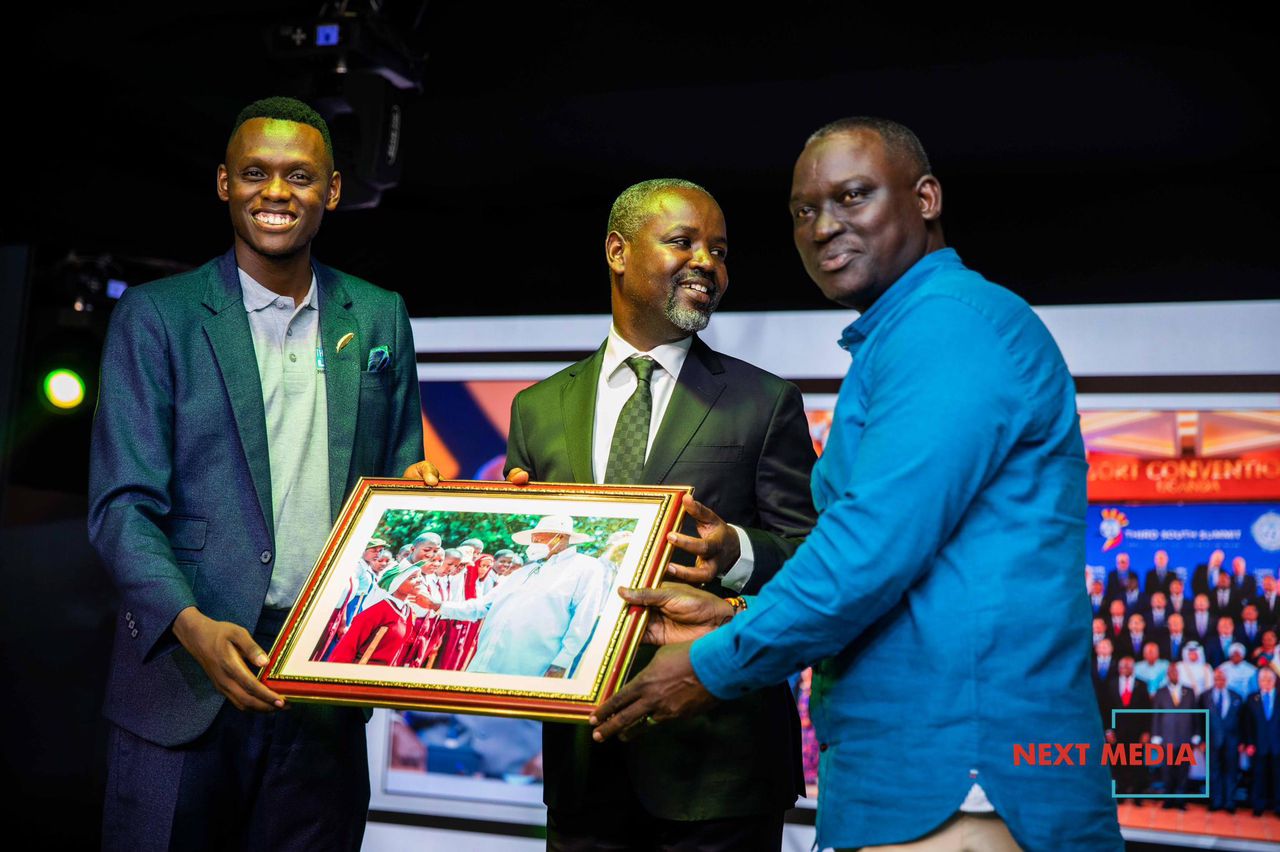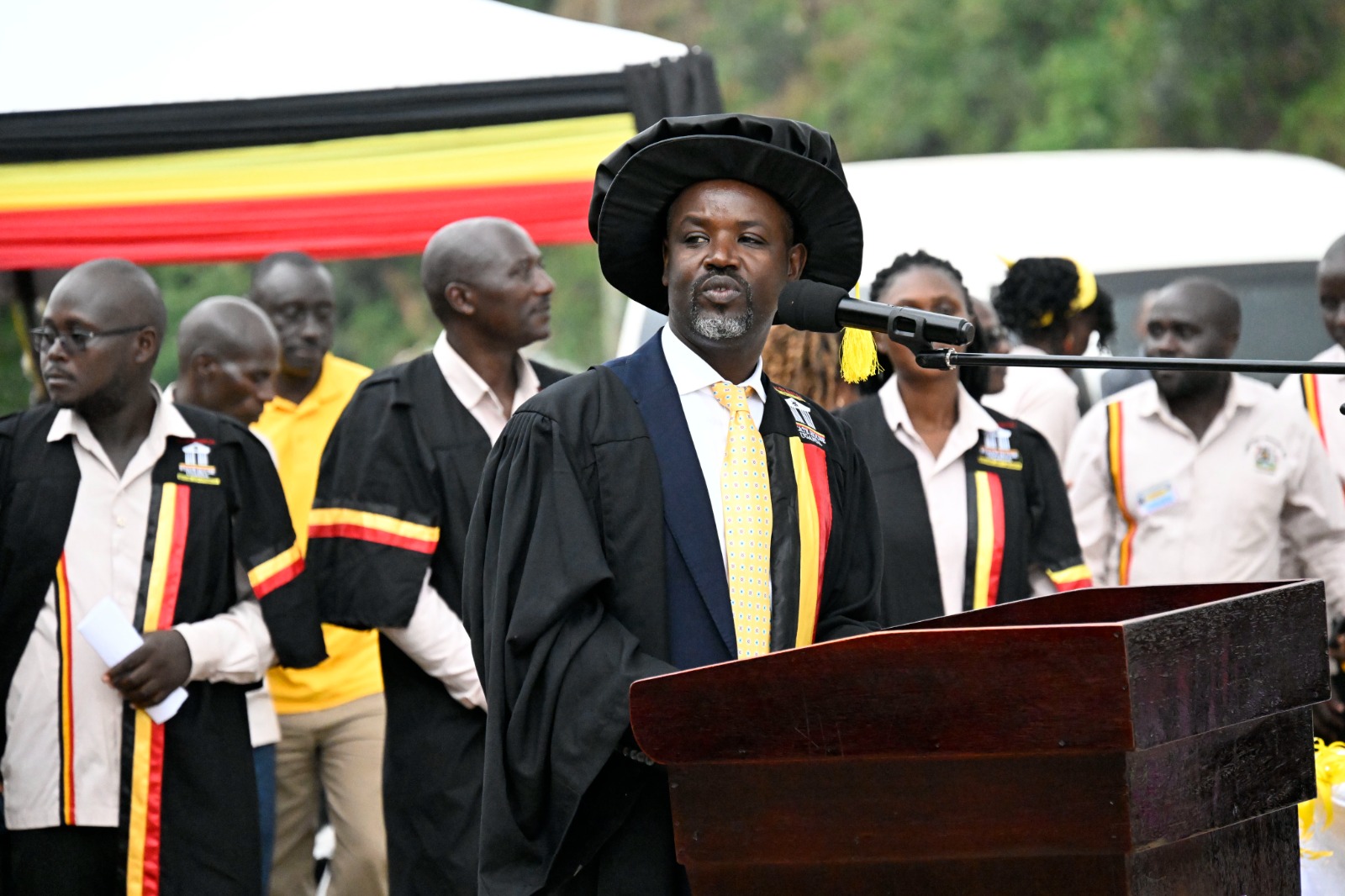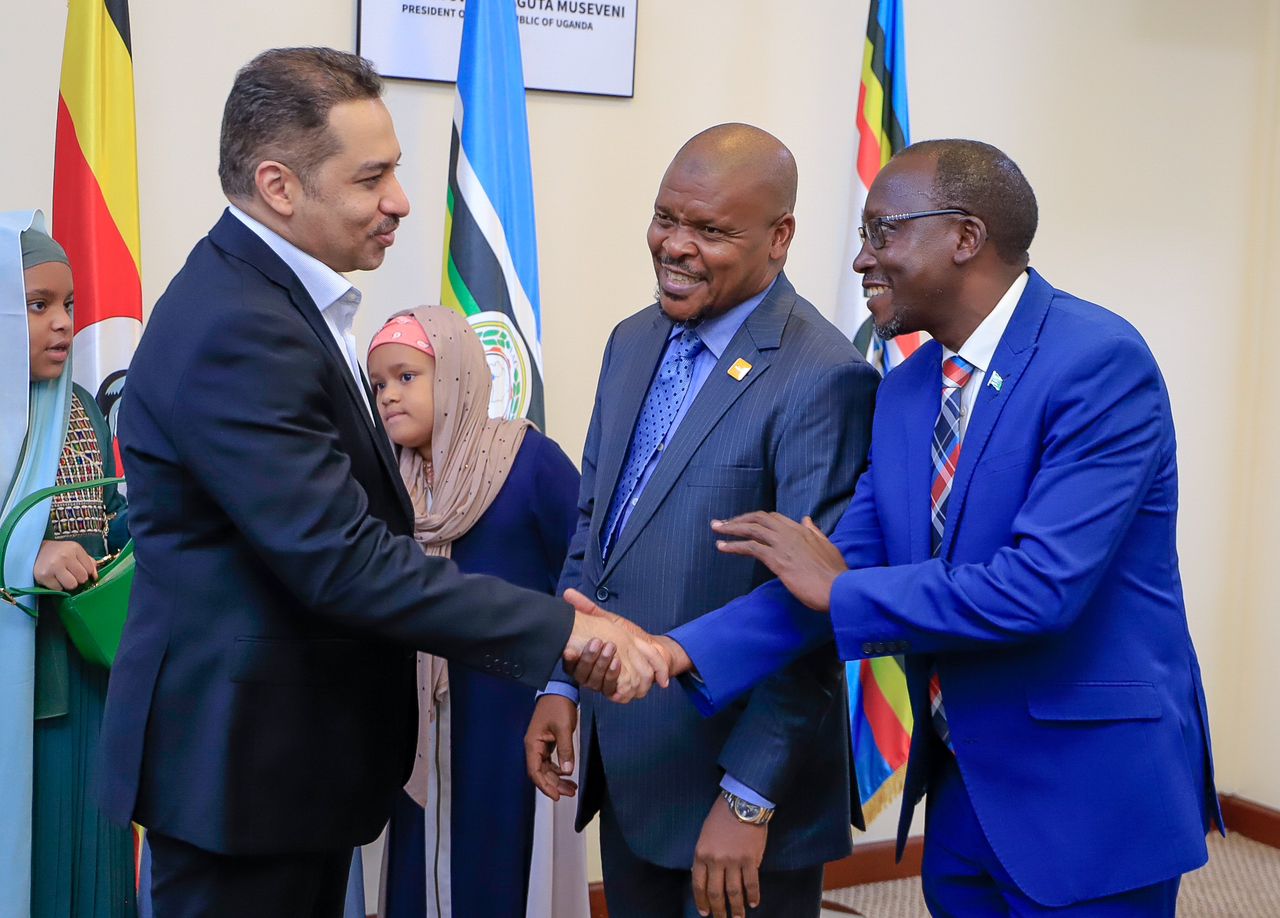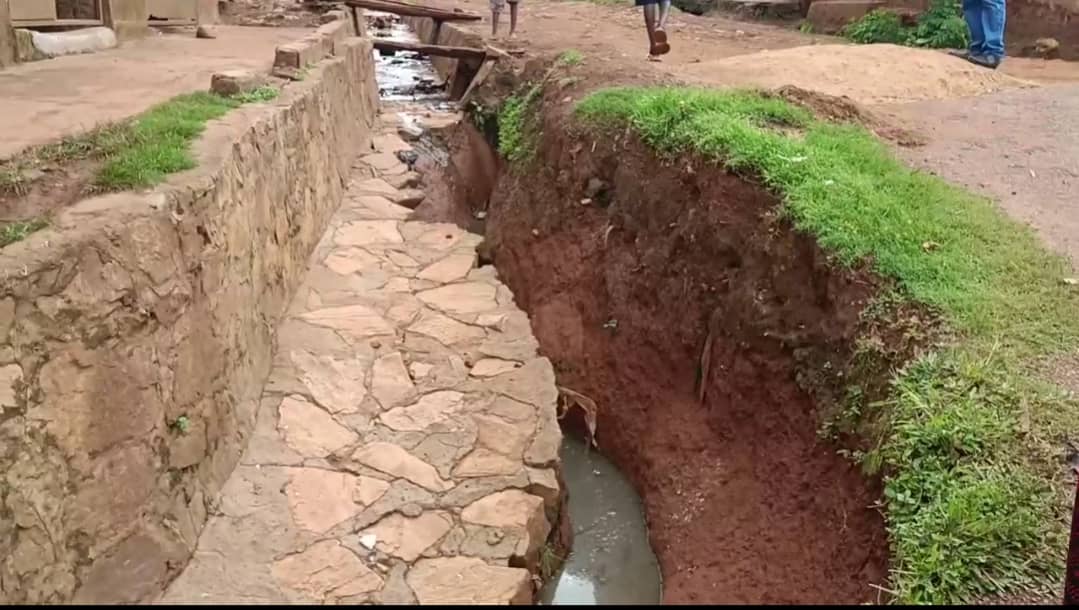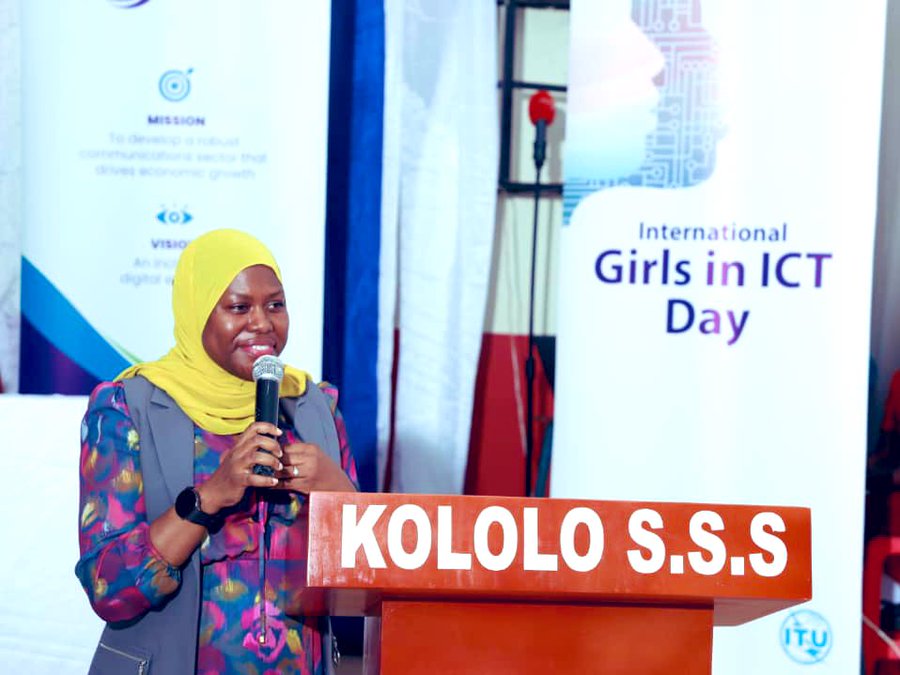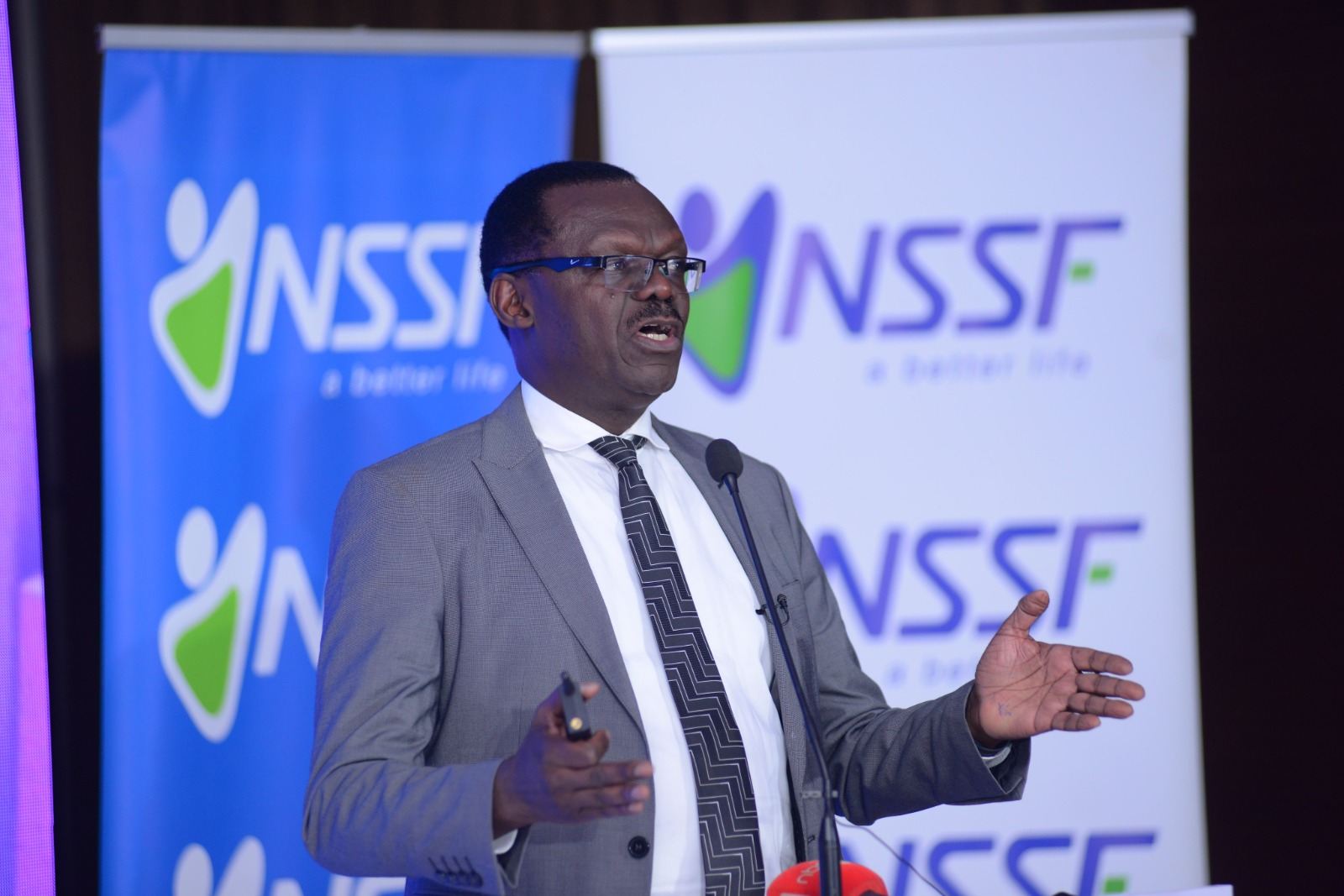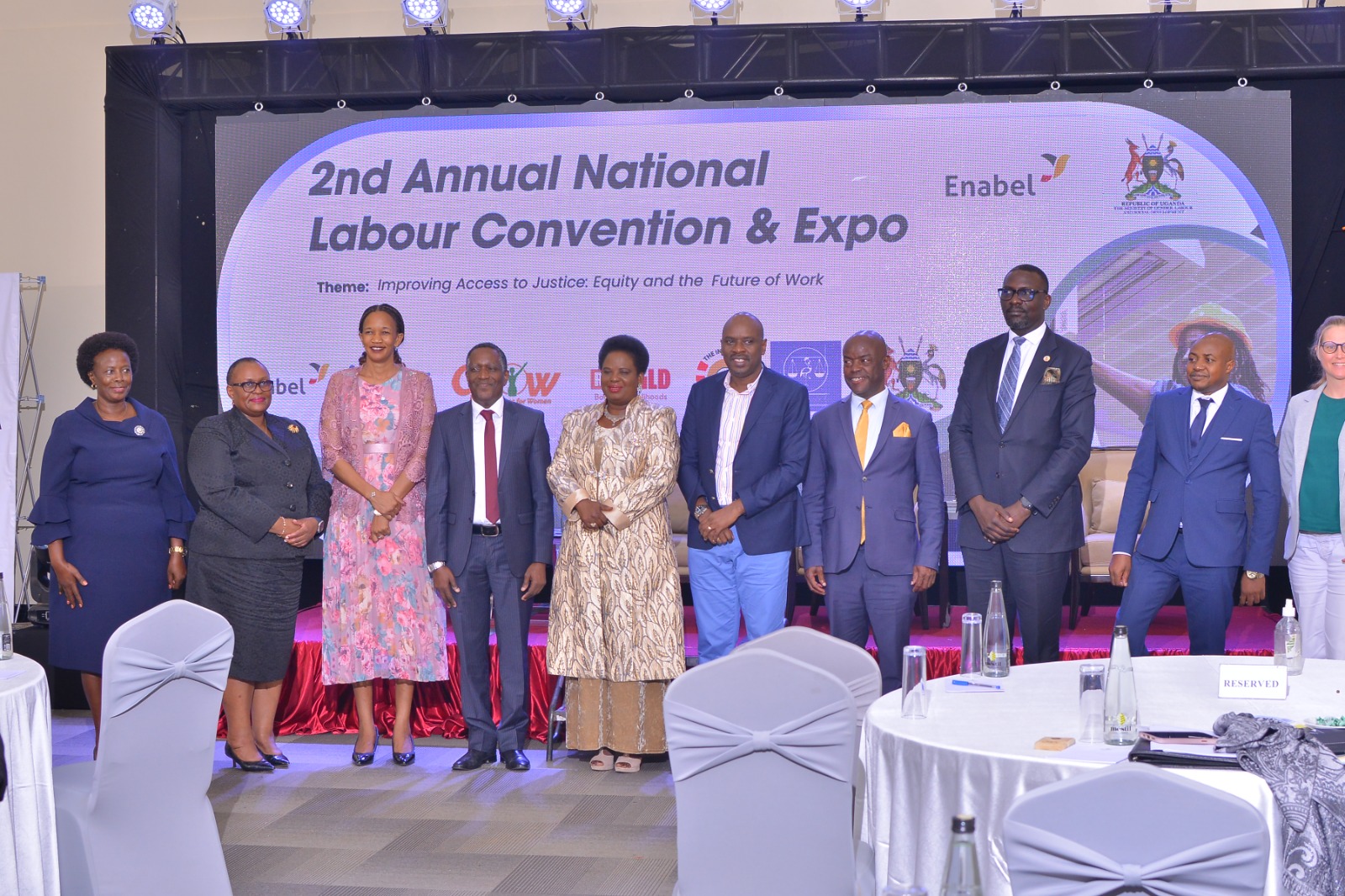Change or No change for Zimbabwe?
The bombshell announcement by the speaker of Zimbabwe parliament sparked scenes of wild celebration in the streets of Harare, with car horns honking and crowds dancing and cheering over the end to a 37-year reign by President Robert Gabriel Mugabe.
Many Zimbabweans on streets called it the best news in the last 37 years, one even said God had finally remembered the landlocked nation.
Keep Reading
Emmerson Mnangagwa appears well-placed to return to a leading role in Zimbabwe. Nicknamed "Ngwena" (The Crocodile) because of his fearsome power and ruthlessness, the 75-year-old has a reputation for taking no prisoners. He comes to the table but with unclean hands.
The multimillion dollar though is; Is this the change Zimbabwe wanted or Zimbabwe simply wanted any change?
I agree with MT, we need to sit down and negotiate the Zimbabwe we want rather than have army dictate what needs to be done. pic.twitter.com/d3xwtvgGO2
— mawarire jealousy (@mawarirej) November 21, 2017
Uganda’s parliament communication director, Chris Obore on hearing the news of Mugabe’s resignations said Zimbabwe is headed for doom without Mugabe since they have chosen a change of convenience.
“Now be ready for the worse and uglier developments from Zimbabwe after Mugabe. Africans don’t have their own meaningful agenda. The only agenda they have is competition for applause from west and competition in regurgitating western concepts. The joyous crowds will be next year crying. Ask Libyans,” Obore said.
“The change in Zimbabwe is simply because someone was sacked and not because someone saw a better vision. People who don’t not control their own means of production will forever be powerless. No technology, no science of their own, only political propaganda,” he added.
Omujowa Fred from Nigeria says the country celebrated the exit of Sani Abacha, hoping for a new change but they have moved no where.
Did Nigerians not celebrate Abacha's death? Are we better off today from that era??? Mugabe and Mnangwagwa are same of same.
— 'fred (@fredono_Redondo) November 21, 2017
Following his removal last week, Mnangagwa issued a searing five-page condemnation of Grace's ambition and Mugabe's leadership style.
In 2004 he lost his post as the secretary for administration in the ruling ZANU-PF party after being accused of openly angling for the post of vice president.
Four years in the political wilderness followed, during which his then rival Joice Mujuru became vice president and the favourite to succeed Mugabe.
She was ultimately deposed following a campaign orchestrated by Grace Mugabe who convinced the president she was not to be trusted.
The 2008 elections, when he was made Mugabe's chief election agent, changed Mnangagwa's fortunes.
Mugabe lost the first round, but his supporters were not going to make the same mistake in the second round, which was marred by violence, intimidation and allegations of vote rigging.
In the same year Mnangagwa took over as head of the Joint Operations Command, a committee of security chiefs which has been accused by rights groups of organising violent campaigns to crush dissent.
He was targeted by EU and US sanctions imposed on Mugabe and his close allies over the elections and violence, but promptly given control of the powerful defence ministry.
It was a return to the home that made him a force in Zimbabwean politics in the first place.
Born in the southwestern Zvishavana district on September 15, 1942, he completed his early education in Zimbabwe before his family relocated to neighbouring Zambia.
His grandfather was a traditional leader and his father a political agitator for the repeal of colonial laws that disadvantaged blacks.
In 1966, Mnangagwa joined the struggle for independence from Britain, becoming one of the young combatants who helped direct the war after undergoing training in China and Egypt.
He was arrested and sentenced to death but his sentence was later commuted to 10 years in prison because of his young age.
After independence in 1980, he directed a crackdown on opposition supporters that claimed thousands of lives in the Matabeleland and Midlands provinces.
He once remarked that he had been taught to "destroy and kill" -- although he later claimed to be a born-again Christian.
Takavafira Zhou, a political analyst at Masvingo State University, previously described Mnangagwa as "a hardliner to the core".
Mnangagwa reputedly has deep pockets should he decide to launch a political comeback.
A US diplomatic cable published by WikiLeaks in 2008 claimed Mnangagwa had amassed "extraordinary wealth" during Zimbabwe's 1998 intervention in gold- and diamond-rich Democratic Republic of Congo.
Additional reporting by AFP









